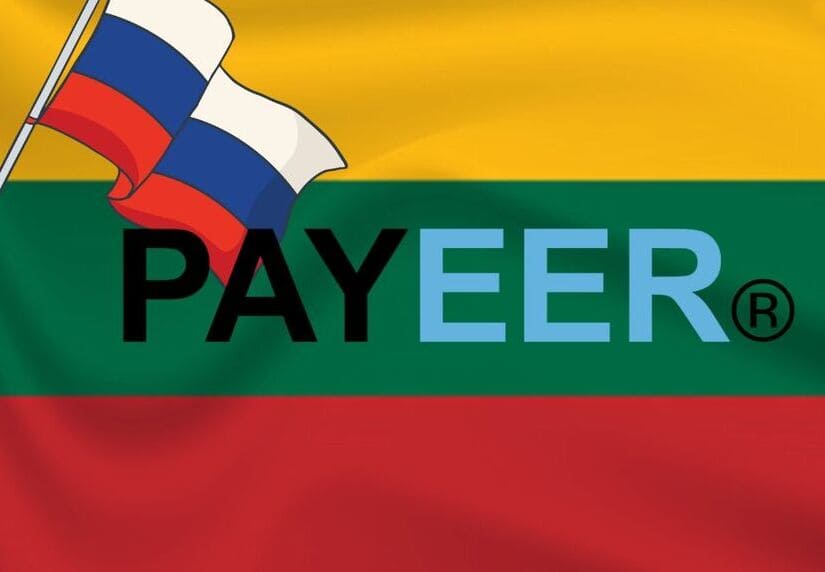TL;DR
- Lithuania has imposed a €9.3 million fine on Payeer for violating sanctions and money laundering laws.
- Payeer facilitated transactions in Russian rubles for clients outside Lithuania, including wallet services and crypto account management.
- Lithuania is preparing a new licensing regime to regulate the 580 crypto companies within the country, strengthening oversight and combating fraud.
Lithuania has imposed a €9.3 million (approximately $10.1 million) fine on the cryptocurrency firm Payeer for violating international sanctions and money laundering regulations in the country.
The Lithuanian government’s decision, announced by the Financial Crime Investigation Service (FNTT), is based on Payeer’s actions of continuing to offer services to Russian clients, despite Russia being on Lithuania’s sanctions list. The firm facilitated transactions for Russian banks, which directly violates imposed restrictions.
Payeer, based in Lithuania, serves a significant customer base of 213,000 users located in Russia. Despite attempts to conceal client identities, authorities discovered the company facilitated transactions in Russian rubles for clients outside Lithuania. In addition to wallet services and crypto account management, Payeer provided storage services to both individuals and corporate entities registered in Russia.
Fines imposed on Payeer amount to €8.24 million for sanctions violations and €1.06 million for breaches of anti-money laundering laws. The company has the right to challenge these penalties in court, an option it is considering.

Lithuania Imposes Iron-Fisted Regulations
Lithuania, known for its firm stance within the European Union and NATO against Russia. Currently hosts approximately 580 crypto companies offering various blockchain-related services. As part of its effort to strengthen regulation in this sector. The country plans to implement a new licensing regime from next year. This regime will require all crypto companies to register under national market surveillance bodies, aiming to foster a clean and compliant environment.
The new regulatory framework will also include local standards to oversee the issuance and use of cryptocurrencies within the country. This will enable the Financial Intelligence Unit to enhance enforcement measures against money laundering and manage corporate registrations more effectively.
Lithuania is steadfast in advancing regulatory oversight in the crypto industry. Aiming to combat fraud and ensure compliance with international financial standards. Aligned with the European Union and NATO policies against illicit financial activities.


